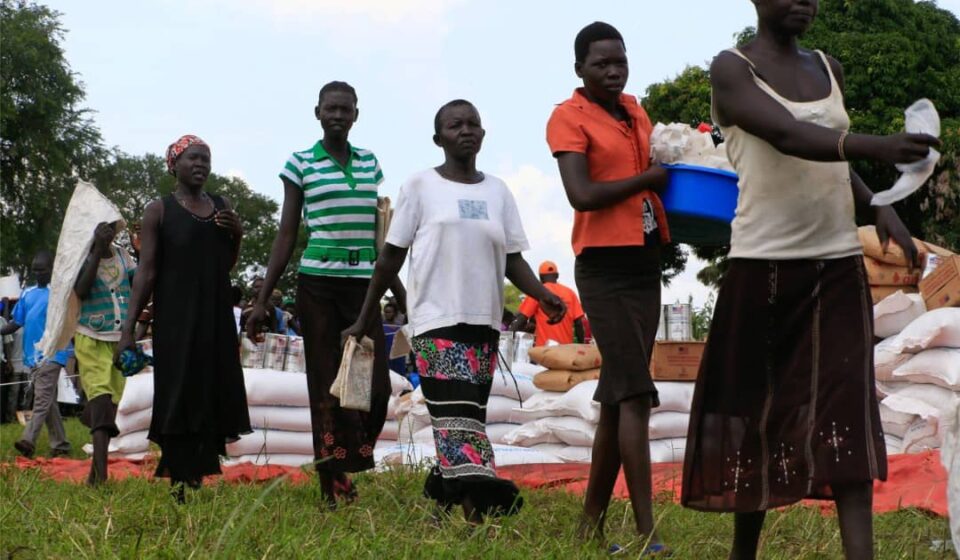By Tom NM
Kampala, Uganda — For years, Uganda has been heralded as a beacon of progressive
migration policy.
Its welcoming stance towards refugees has set it apart on the African continent, providing
many of the displaced with the right to work, move freely, and access health and education
services.
Under the 2006 Refugee Act and the 2010 Refugee Regulations, refugees are also allocated
small plots of land to cultivate and receive food and financial support.
Uganda’s “open door” policy has led the country to host more than 1.6 million refugees, the
highest number in Africa. These refugees hail from various conflict-ridden countries,
including Sudan, South Sudan, the Democratic Republic of Congo, and Somalia.
However, this commendable approach is now straining Uganda’s social systems as it
grapples with an influx of 260,000 new arrivals since the beginning of 2022.
Among these new arrivals are over 37,000 refugees from Sudan.
The ongoing conflict between the Sudanese Armed Forces and the Rapid Support Force has internally displaced6.5 million people and forced an additional 1.7 million to seek refuge in neighboring
countries, placing significant pressure on Uganda.
The humanitarian situation in Uganda is becoming increasingly untenable. The country’s
health and education systems, already stretched thin, are struggling to accommodate the
growing refugee population.
Schools in refugee-hosting areas are overcrowded, with some classrooms holding more
than 100 students. Health facilities are similarly overburdened, often lacking sufficient
medical supplies and personnel to meet the needs of both refugees and local
communities.
Financial support for refugees is also dwindling. The World Food Program (WFP), which
provides crucial food assistance to many refugees in Uganda, has had to cut rations due to
funding shortages. This reduction has left many families struggling to meet their basic
nutritional needs, exacerbating already precarious living conditions.
Despite these challenges, Uganda remains committed to its refugee-friendly policies.
Government officials have called for increased international support to help manage the
crisis.
Government officials maintain that they are proud of the country’s open-door policy. But
they want the global community to step up and share the responsibility.
Aid organizations are also urging for more sustainable solutions. “It’s crucial to move
beyond emergency responses,” says one official at an international aid organization.
“We need long-term strategies that address the root causes of displacement and support
both refugees and host communities in a holistic manner.”
The resilience of the refugees themselves is a testament to human endurance. Many have
started small businesses, contributing to the local economy and fostering a sense of
community despite their challenging circumstances.
However, without significant and sustained international aid, Uganda’s capacity to
maintain its laudable refugee policies may falter.
As Uganda navigates this complex humanitarian landscape, the need for a coordinated
global response becomes ever more critical.
As such, one aid worker said that the international community must recognize that
Uganda’s burden is a shared responsibility, and only through collective effort can
sustainable solutions be achieved.
This article is part of an ongoing series examining the impacts of migration policies in Africa
and the challenges faced by host countries in supporting displaced populations.
Email us at: info@alleastafrica.com



